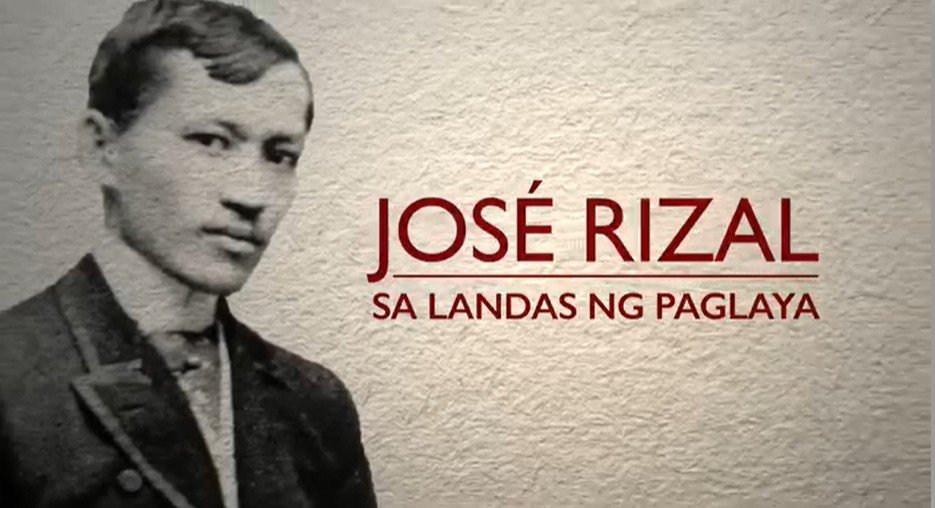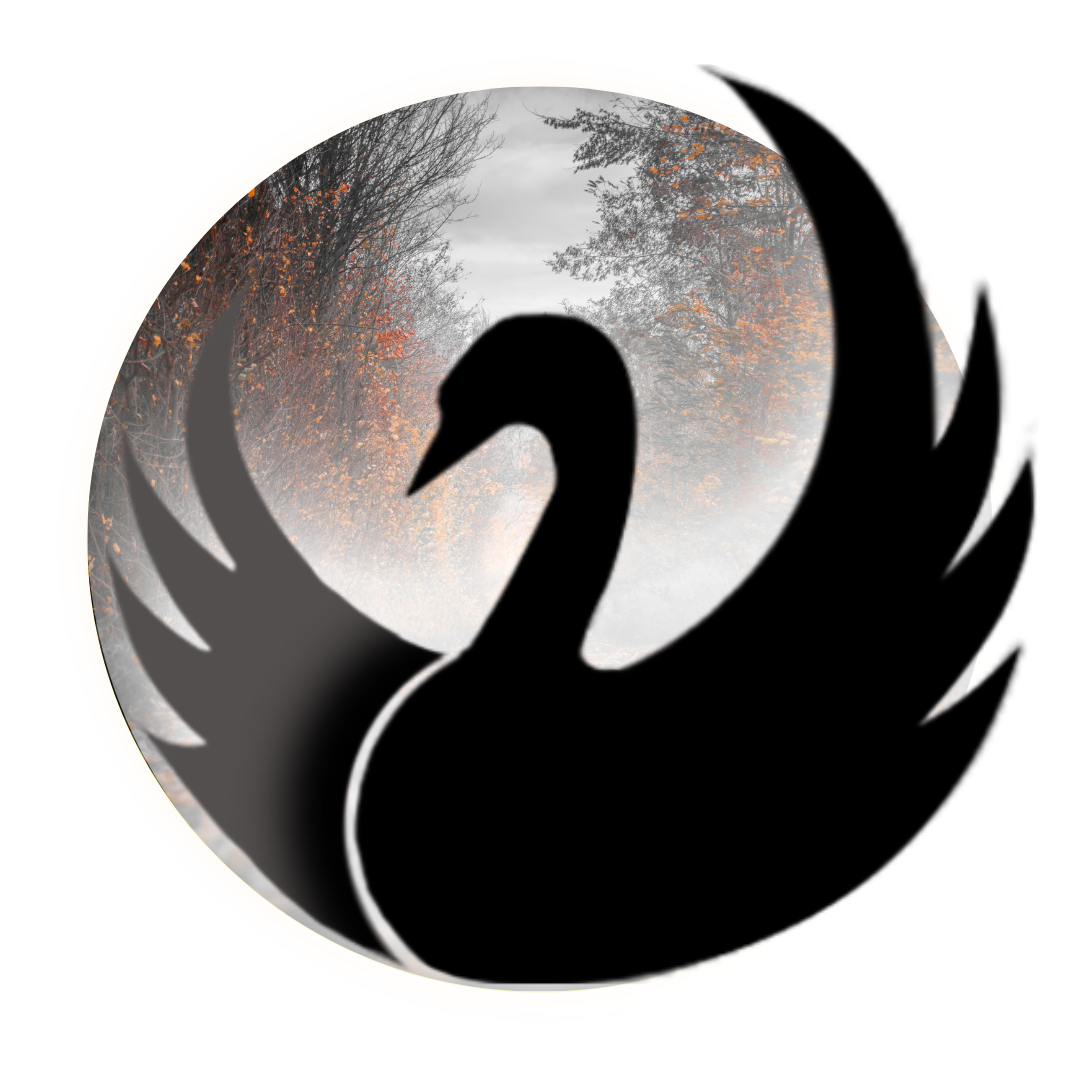“When I watched the documentary of National Historical Commission of the Philippines “Rizal: Sa Landas ng Paglaya, it felt like history slapped me—painful but awakening.”
One line. One truth. One collective goosebump.
That single sentence—spoken with trembling voice and misty eyes—summed up what no textbook, quiz, or school program ever could. It wasn’t just Rizal’s life that flashed before our eyes, but ours. In that room, filled with youths that attended the Inner Conditioning Workshop (ICW) in Bulacan facilitated by SEA Inc., who thought they were just going to watch a documentary, something else happened. Rizal stood up from the pages, walked past the bronze statues, and sat beside them—real, raw, and relentless.
He wasn’t just a martyr anymore. He was a mirror.
And in that reflection, the youth saw… themselves.
Here are the group inputs after the documentary synthesizing.
Group 1 and 10 – “My Country, My Love”
They felt the surge of something ancient and alive:
Pride. Patriotism. Passion.
“Sweet is death when it’s for the nation,” they echoed, but added—“And sweeter still is a life lived for it.”
Rizal’s sacrifice was no longer just a fact. It was a fire.
Group 2 – “Rebuilding Society”
Some saw rubble. But they also saw reason.
They spoke of hope not as a dream, but as a duty.
It’s not too late, they said, to rebuild this house called the Philippines—but we must love it enough to do so.
Group 3 – “Rizal Lives in Every Filipino”
Rizal didn’t die. He multiplied.
In every heart that trembled with inspiration, in every soul stirred by his writings, Rizal lives on.
Not in capes or medals—but in quiet choices, in loud convictions, in loving what is ours.
Group 4 – “Be Sharp for the Nation”
They asked not what Rizal did—but why.
What force moves a man to write in prison, to face death without flinching, to love a nation more than himself?
The answer: conscience. clarity. courage.
To love this deeply is to serve without applause.
Group 5 – “Pain and Love”
Some couldn’t hold back the tears.
Why are we still hurting? Why are the wounds still fresh?
But amid the ache, they found joy—in the lives of real heroes, known and unknown, who loved without limit.
True love, they said, starts with self—and spills out into the soil.
Group 6 – “Youth Conscience”
They were honest.
Scared. Guilty. Unsure.
Do we need another Rizal to save us? Or will we be the ones he waited for?
Their silence was loud, but their reflection even louder.
Group 7 – “Unspoken Plea”
Some heard Rizal’s voice not in words, but in wounds.
A quiet cry for unity.
They asked: we shout for change—but are we truly ready to bleed for it?
Group 8 – “Making Rizal Relevant”
They came with phones, memes, and WiFi.
But they left with purpose.
Rizal can trend—if we make him matter.
They saw in him not a relic, but a roadmap. And the journey continues.
Group 9 – “Quest for Truth”
Some searched for truth.
Not the filtered, polished, or sanitized kind.
But the kind Rizal died for.
The truth that hurts, but also heals.
As the facilitator put it:
“History isn’t just a memory—it’s a challenge.”
And in that room, the challenge was accepted.
These weren’t just youth watching a documentary.
They were sons and daughters of a sleeping giant—finally starting to wake up.
So if Rizal could see them now?
He’d smile. Not because his job was done—but because they just began theirs.
Turn the page, young ones.
Your chapter is next.





Leave a Reply